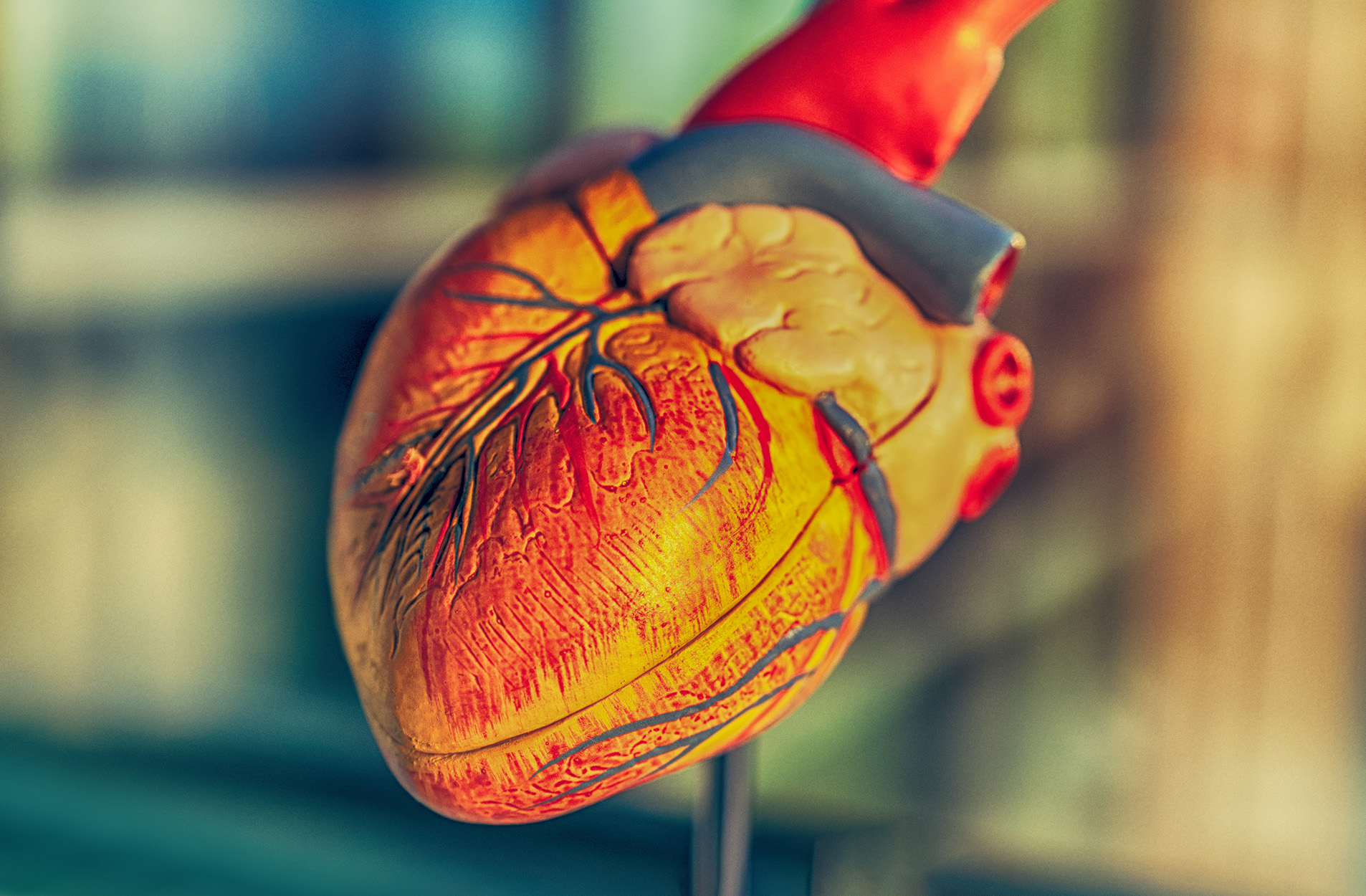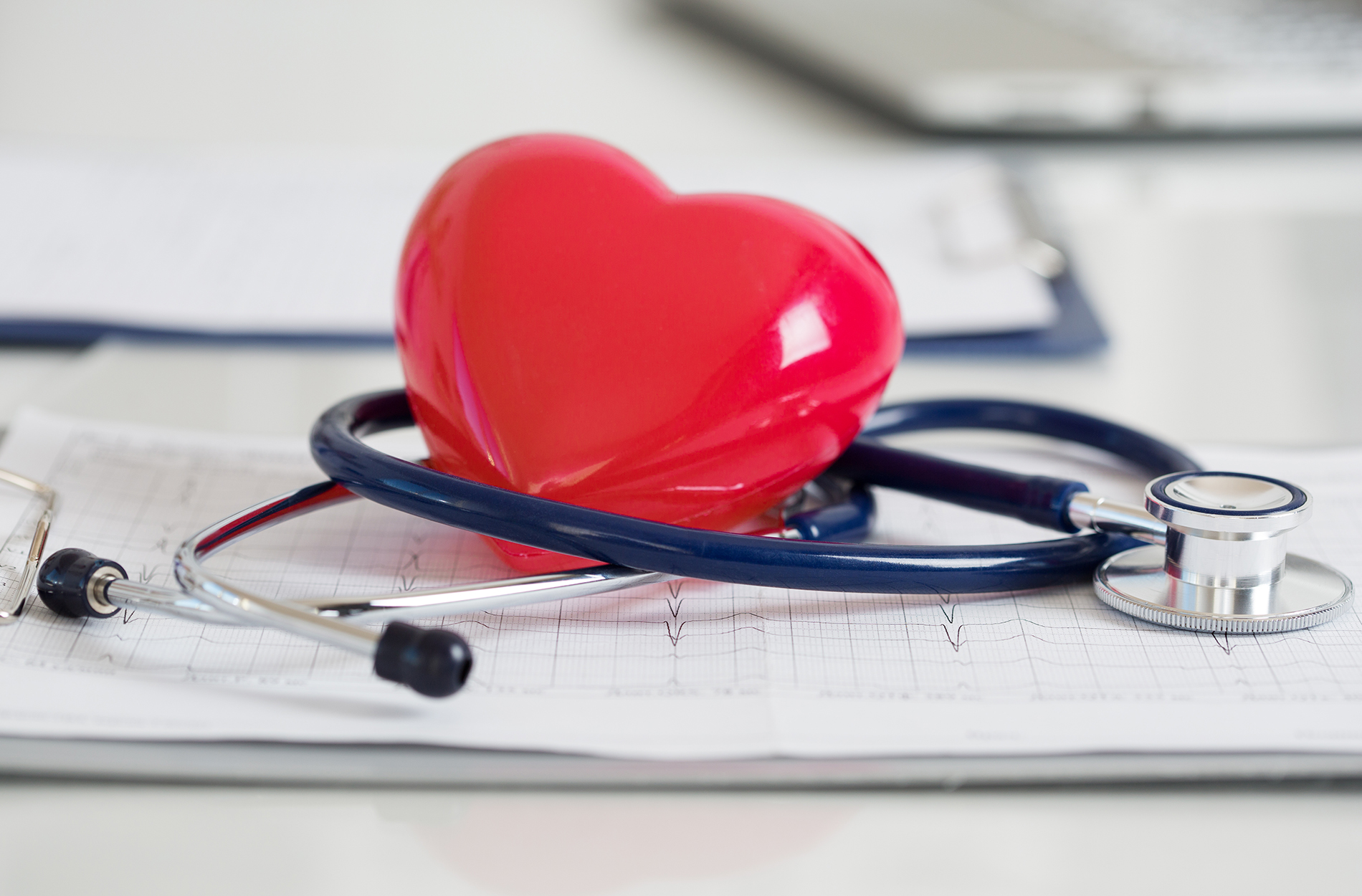By Amy Rawl Epps, MD, FACC, Lexington Heart and Vascular Center
February is Heart Month — a good time of year to remember the prevalence of heart disease and think about our risk. I want to share the five things you can do every day to help minimize your risk of heart disease - or if you already have heart disease, to help lower that burden.
1. Eat healthy
It's very important to pay attention to what you're eating. Your diet can affect your blood pressure and cholesterol level, lead to diabetes, and increase your weight — all of which burden your heart.
It’s vital is to watch your trans fat intake. Those are the processed fats you may get in baked goods, fried foods, or some heavy cheeses. When you're at the grocery store, pay attention to nutrition labels. Look for things that have zero or low trans fats to help you lower your cholesterol. It's the cholesterol — especially that bad cholesterol, the LDL — that sits in your sits in your coronary artery and carotid arteries and “clogs your pipes.”
By eating healthy, you can lower your cholesterol and lower your risk of developing clogged arteries and heart disease. And eating healthy will allow to you to maintain a healthy weight, which helps prevent diabetes.

2. Get Some Exercise
You can minimize your risk of heart disease or help treat existing heart disease through exercise. Exercise lowers your blood pressure and your heart rate. It also helps your brain release some endorphins, which makes you feel better in general.
You don't need to run a marathon or go to a class every day. Simply parking in the back of the parking lot, walking to your destination, or taking stairs instead of the elevator all add up. If you can't exercise because of various orthopedic issues or age, you can exercise in your chair, even if it’s just moving your legs and getting your circulation going.
3. Quit Smoking
Smoking greatly increases your risk of heart disease. When you inhale smoke and nicotine, it irritates your arteries. And if your arteries are irritated, they're more inflamed. Plaque wants to stick to those inflamed arteries, causing exactly what we don’t want — clogged arteries. Second-hand smoke is nearly as dangerous as smoking, so avoid being around it.
4. Sleep Well
It's vital to get at least six hours of sleep at night. When your sleep is interrupted, your blood pressure and heart rate increase and you have less energy during the day.
When you get good sleep, your body can rest, your blood pressure and your heart rate can rest — which means your heart can rest. Being rested helps you have more strength during the day to fight whatever stressors arise.

5. Manage Your Stress
Stress elevates your blood pressure and heart rate and that can affect your heart. Stress can also make you more likely to make bad choices in eating, leading to high cholesterol level and diabetes. Stress sometimes leads to drinking more alcohol than you should, which also leads to health issues down the road. So managing your stress is very important to do every single day.
Even if you start small, try to each of these five things every day. You will help to improve your existing heart disease or prevent heart disease from developing.

Amy Rawl Epps, MD, FACC, Lexington Heart and Vascular Center






Leave a comment